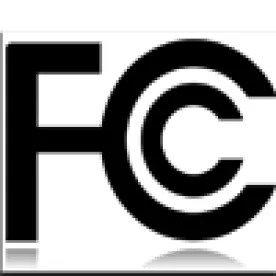Last June, the Federal Communications Commission (FCC) ruled, among other things, that voice service providers could offer consumers call blocking “on an opt-out basis,” giving consumers “the benefit of call blocking without having to take action.” As part of that decision, the agency instructed its Consumer and Governmental Affairs Bureau (CGAB), in consultation with two other Bureaus, to prepare two reports on “the implementation and effectiveness of call blocking measures.” Last week, the FCC formally initiated the process to gather information for use in preparing the first such report, which must be delivered to the agency’s Commissioners by June of next year. A second such report is due in June of 2021.
In a Public Notice released on December 20, the CGAB solicited input for the first staff report in five areas:
1. Availability of Call-Blocking Tools – The FCC seeks information on “what tools are available to consumers.” Specific inquiries include, for example: on what basis (opt-in versus opt-out) are they available?; at what “level” are calls blocked (network, device elsewhere in the call path)?; are they offered by a third party directly to the consumer or by the service provider?; and what fees, if any, are charged for these tools?
2. Effectiveness of Call-Blocking Tools – The agency wants data on “the effectiveness of call-blocking tools offered to consumers.” Specific inquiries include, for example: what are the most appropriate metrics to measure effectiveness?; how do blocking tools define false positives?; and what is the rate of false positives and false negatives?
3. Impact of FCC Actions – Given actions the FCC has taken in its rulings seeking to stem the flow of illegal robocalls, the Commission asks, “how have voice service providers responded to the Commission’s actions to empower them to protect their customers from illegal calls?” Specific inquiries include, for example: do voice service providers block Do-Not-Originate calls?; how have they implemented blocking of calls that purport to be from invalid, unallocated or unused numbers?; and do voice service providers offer opt-in white list blocking?
4. Impact on 911 Services and Public Safety – The FCC seeks “data and information on the impact of call blocking on 911 services and public safety.” Specific inquiries include, for example: are legitimate calls to or from emergency numbers ever blocked?; how are blocked calls reported and resolved?; and what processes do voice service providers use to facilitate blocking harassing calls to emergency numbers?
5. Other Relevant Information – The Commission seeks comment on “any other information that may inform” the agency’s analysis of the “state of deployment of advanced methods and tools to eliminate illegal and unwanted calls.”
In a News Release that accompanied the Public Notice, FCC Chairman Pai explained that the “report will help us better understand where we stand on call blocking and how the actions we’ve taken to date have worked.”
Initial comments will be due not later than 30 days after the Public Notice is published in the Federal Register. Reply comments would then be due 30 days later.




 />i
/>i
